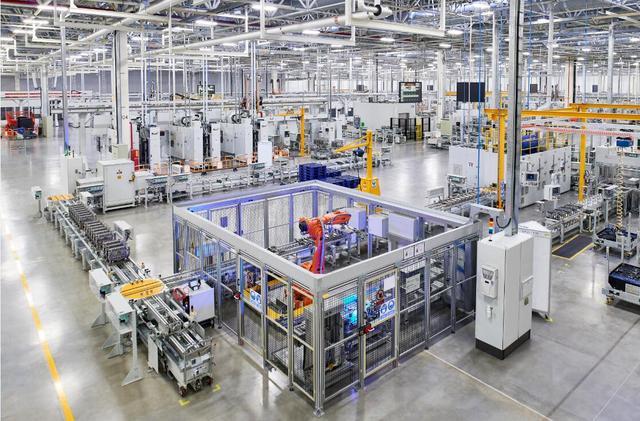- All
- Product Management
- News
- Introduction
- Enterprise outlets
- FAQ
- Enterprise Video
- Enterprise Atlas

Hotline 19928718048

Application of Smart Screwdrivers on Non-Standard Products
Classification:
Solution
Solution
Author:
Source:
Release time:
2019-01-23
Visits:
1
The term flexible production began to gain popularity after the concept of Industry 4.0. In the past, the manufacturing industry may have given the impression that each machine was performing repetitive tasks every day. However, after the concept of flexible production lines emerged, people began to pursue a production line that could undertake multiple task modes. Achieving such a production model not only effectively saves costs and prevents a single product from occupying a production line, but also greatly improves production efficiency. However, this means that machines, which previously only performed repetitive actions, need to become 'flexible', which is still relatively difficult to achieve with modern technology.

In our daily lives, many products are produced according to standard specifications and models, but with the rise of intelligent manufacturing, people are beginning to focus on personal customization. Uniformity is no longer what people pursue; many are very willing to accept products designed according to their personality and appearance. The core goal of many manufacturers has also shifted from product-centric to service-centric production methods, which is undoubtedly the path for the future of the manufacturing industry. Therefore, in any scenario during the production process, versatility is a necessary element.

Intelligent screwdrivers can perfectly meet the requirements of flexible assembly. Their main principle is to use data stored in tasks and, based on programming, achieve different torque, different turns, and different speeds at different locations, allowing for task switching to tighten different screws at any time. This feature perfectly aligns with the requirements of flexible assembly lines.
In addition, general intelligent screwdrivers can record tightening data with traceability functions, allowing engineers to determine whether the produced products meet quality requirements based on this data. Additionally, data analysts can analyze which supplier's raw materials offer better cost-effectiveness based on the torque and angle of the screws. It can be said that significant cost savings can be achieved for manufacturers from the source to the end.
To integrate with the development of intelligent manufacturing, intelligent screwdrivers can also connect to Ethernet, allowing parameters to be modified and adjusted through a controller, as well as recording, reading, and controlling operations.
Key words:

